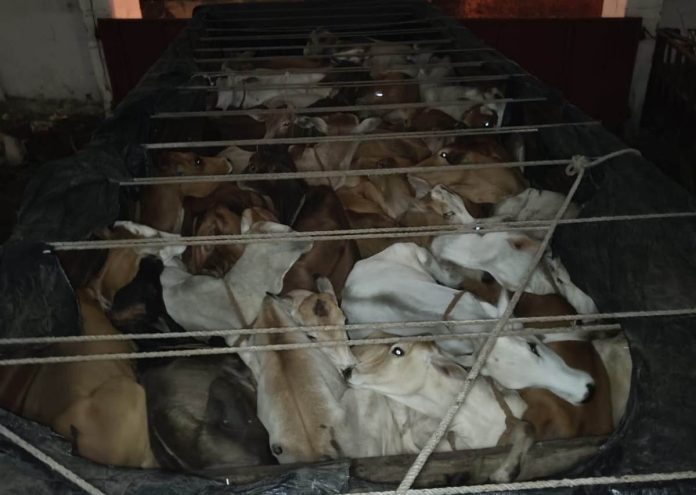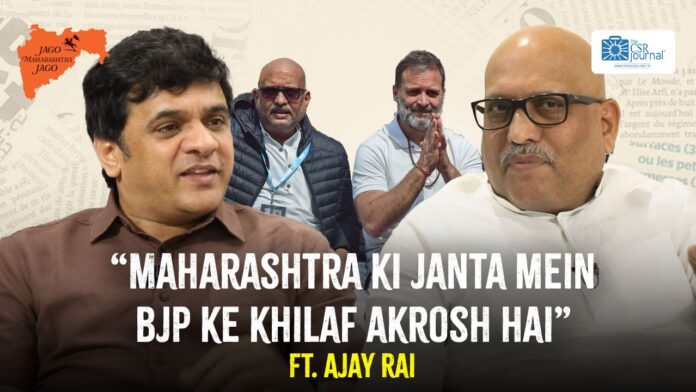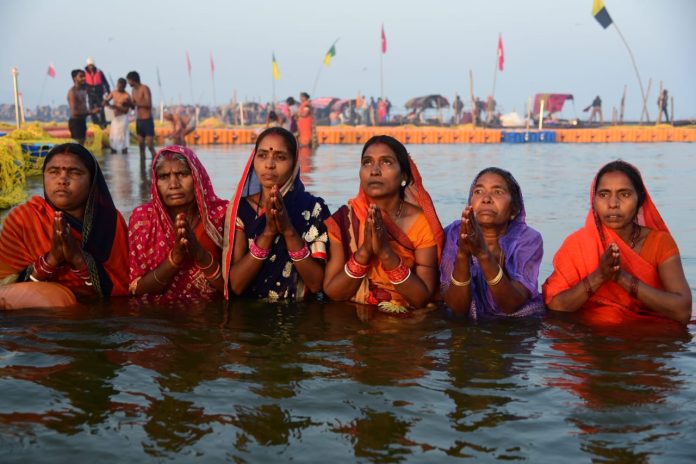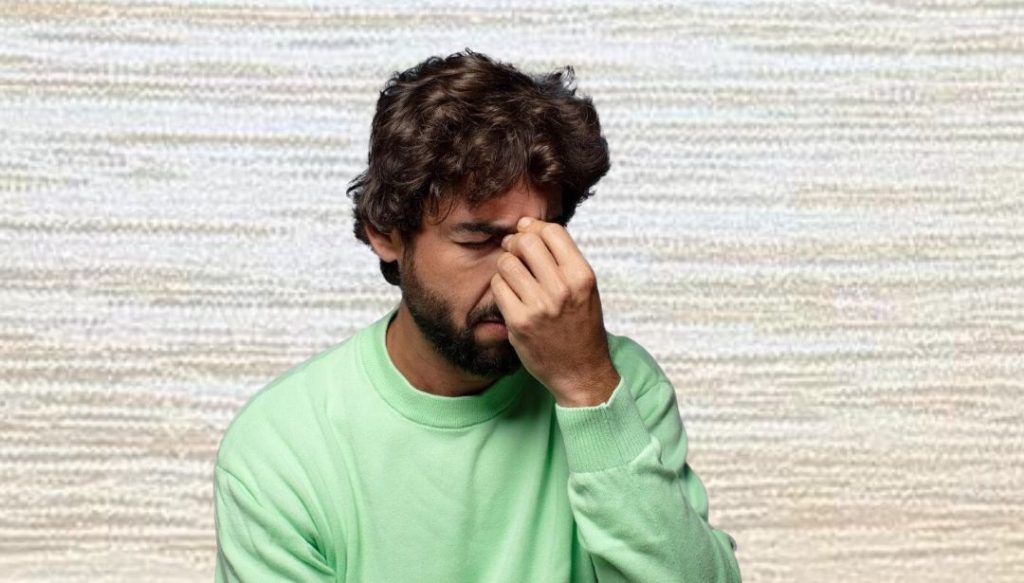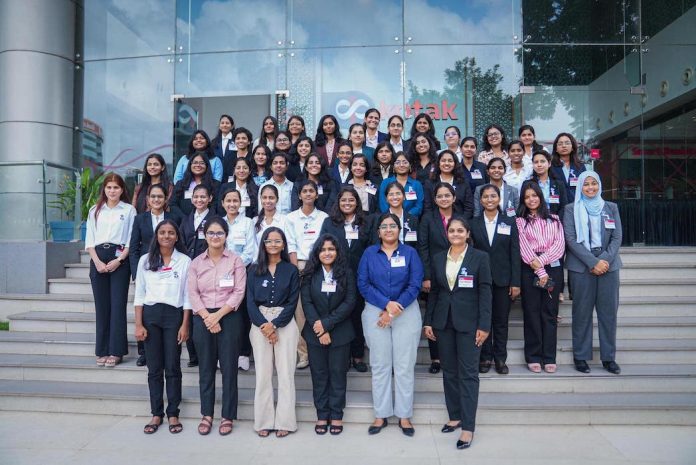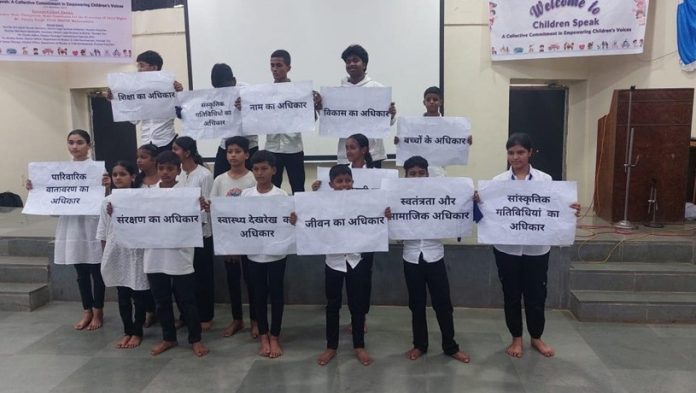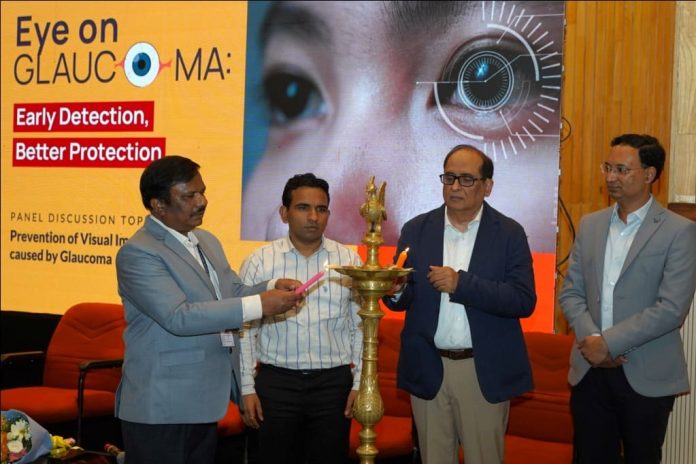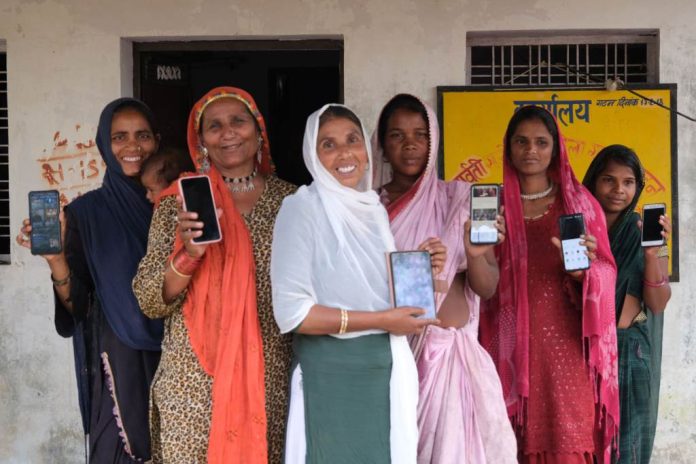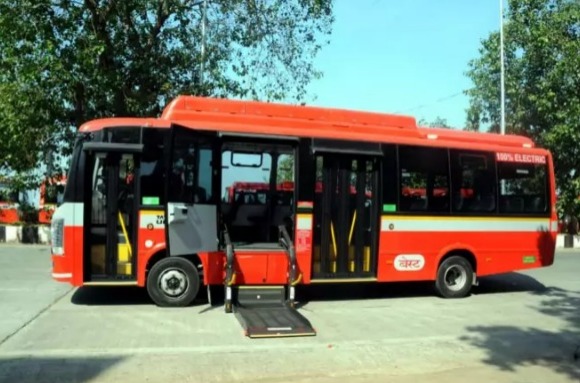Hyderabad, India: Close to 150 gauvansh have been rescued from illegal slaughterhouses and cattle smugglers by Greater Hyderabad Municipal Corporation (GHMC) in the state of Telangana since July 2024. GHMC sends these rescued gauvansh to the cattle pond from where they are rehabilitated at the Dhyan Foundation Telangana Gaushalas.
Dhyan Foundation is looking after over 70000 rescued gauvansh across the country through its 45 plus gaushalas. In the state of Telangana they are running two gaushalas at shamshabad and _yadagirigutta respectively, providing a safe home to more than 3000 gauvansh in the region.
“The gauvansh come to us in the most heart wrenching conditions – horns and limbs broken, wounded, diseased, kept without food and water for days and weeks, young calves weaned from their mothers…it is an uphill task to nurture and heal them, to make them feel normal and loved again,” shared harish, a Dhyan Foundation volunteer who has a well-established business. Like all other volunteers at Dhyan Foundation, harish devotes his time and resources as seva towards this wondrous being and the state.
GHMC-Kukatapally -3 Bulls -19/7/24
GHMC seringapally- 10 bulls- 18/7/24
GHMC Secunderabad- 18 Cattle (14 Buffs calf+ 4 male)- 19/7/24
16 Cattle
16 Cattle
20/7 -12 Cattle
20/7 – 17 cattle
20/7- 18 Cattle
21/7- 5 cattle
14/11- 15 cattle (GHMC SECUNDERABAD)
11/9/24- 3 cattle
10/9/24 -3 cattle
Dhyan Foundation is perhaps the only organisation in the region which welcomes bulls, male calves and unproductive cows at their shelters and care for them for life. At the gaushalas, gauvansh are fed a healthy diet comprising of dry fodder, greens, chokar, jaggery, mustard oil and supplements. Paravets attend to sick and injured cattle, and there is also a vet on call for treatments.
Disclaimer: This media release is auto-generated. The CSR Journal is not responsible for the content.

